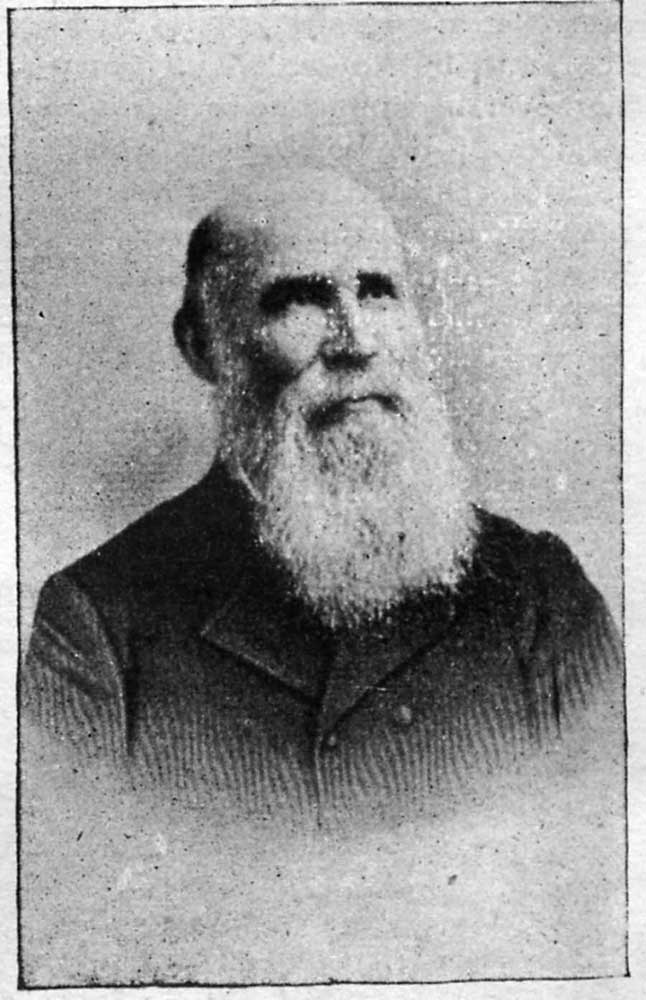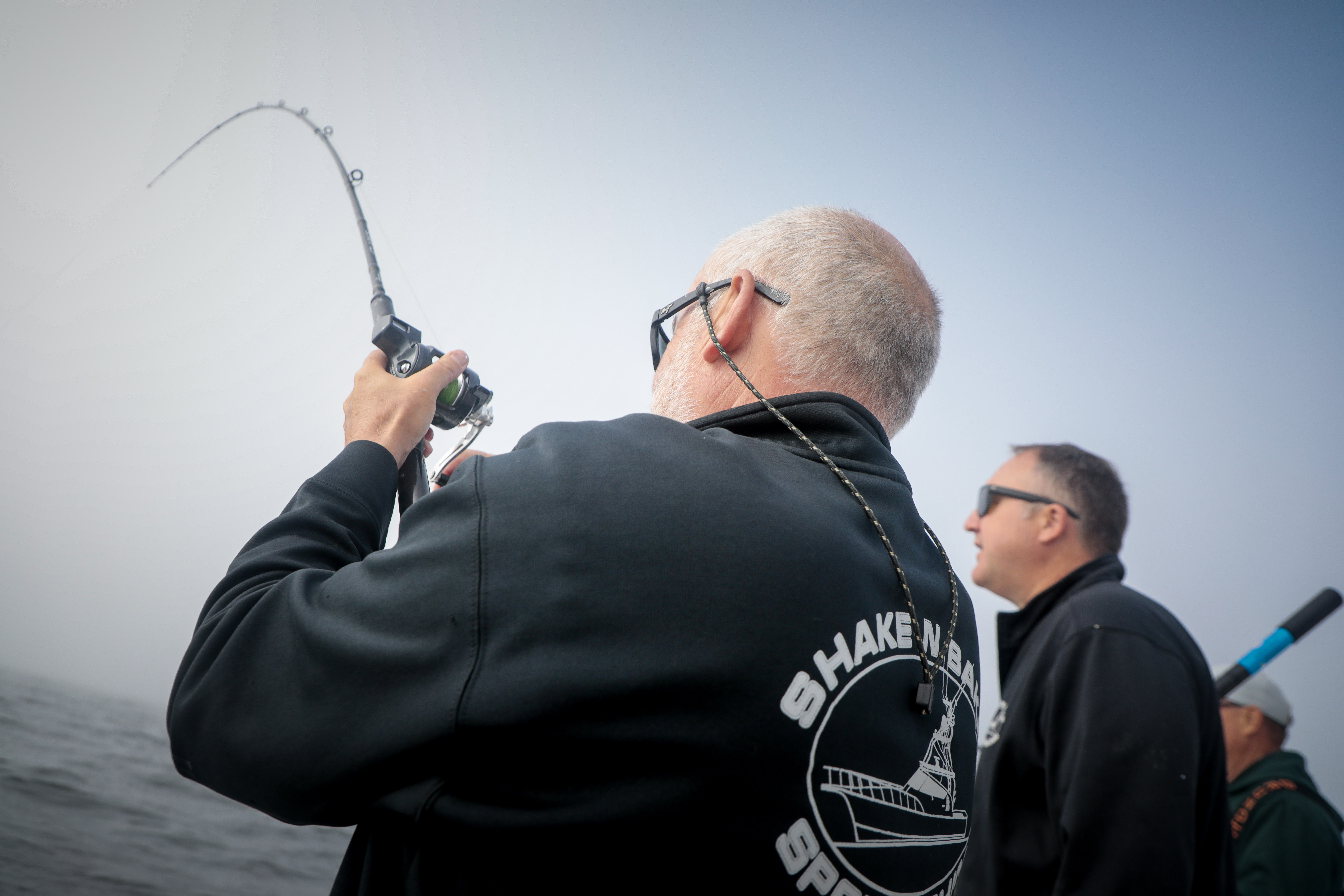Saints or Sinners? Characters of Pacific County: Lower Columbia River’s most-celebrated Irishman
Published 9:20 am Thursday, June 20, 2024

- Patrick James McGowan was born on St. Patrick’s Day in 1817 in County Mayo, Ireland. Traditionally, his friends from both sides of the Columbia gathered in McGowan to celebrate the big day each year. However, according to a clipping in a Lindstrom family album, “… the merry band of Astorians who had planned to help the old gentleman celebrate his 95th birthday… were forced back when rough weather on the Washington side of the river made landing impossible.” The year was 1912, McGowan’s final birthday.
P.J. McGowan (1816-1924)
It’s not every town that carries the name of the man who founded it — certainly not in the woodsy, watery territory north of the Columbia River. However, that thought apparently never occurred to P.J. McGowan, nor to his family or his employees who worked and lived on his acreage east of Chinook Point. For more than a century after he built his own commodious home in 1860, the little company town was called McGowan.
The U.S. Census for Washington Territory that year listed four members of the McGowan family: P.J., a fisherman born in Ireland and Jane, born in New York; with children Maria, age 10 months, and James H., age 5, both born in Washington Territory. Eventually, the house would accommodate Jane and P.J.’s family of seven children (only four of whom would live to adulthood) and, in later years would serve as a multigenerational household until son Henry could build his own family home, also on the original acreage.
It was the burgeoning salmon fishery along the Columbia River that captured P.J.’s interest. For the first half dozen years on his land grant, he engaged in the business of salting salmon. The salted fish were packed in 30-gallon barrels and transported to ports as distant as the Sandwich Islands (Hawaii).
Gradually, both the McGowan Company and the town, itself, grew. In addition to the saltery and packing shed, McGowan owned seining grounds on the river, installed and operated pound nets (known as “fish traps”) and built boats which were leased to fishermen who fished for the company on shares. Several one-story cottages were located near the office building and it wouldn’t be long until accommodations for single workers would be supplied, as well. Fresh running water necessary to the cannery operation (but still considered a luxury in most homes during those years) was suppled by the reservoir on the hill behind the town and was always available for the business and residential needs of McGowan.
In 1884, P.J. finally changed over to a canning operation admitting his four sons as partners and changing the name of the business to P.J. McGowan and Sons. Each son took charge of a cannery — three located in Washington at McGowan, Ilwaco, and North River, and the fourth in Oregon at Warrendale. The headquarters remained at McGowan.
In 1901 the McGowan Post Office opened and for some years a school operated in McGowan. In 1904, P.J. donated the land and funds to build a small church on his property. It was dedicated as St. Mary’s Catholic Church in 1906 but is still known affectionately throughout the area as “The McGowan Church.” A familiar north shore Columbia River landmark, it is especially beloved by fishermen and, in keeping with long tradition at the little church, a “fisherman’s mass” is held several Sunday nights each year between Memorial Day to Labor Day.
P.J. kept his hand in the business operations of the company until his death in 1912, a few months shy of his 96th birthday. Reported the Observer on Oct. 4 that year: P.J. McGowan was remarkable in character and achievement, he played fair with his fishermen and succeeded in retaining them when others failed. He helped those who showed a disposition to help themselves. He was plain and unassuming in dress, kind and gentle in manner an enthusiastic and entertaining talker, possessed of an immense fund of information and reminiscence, a voracious and careful reader of current events of simple, economic and fugal habits as a liver, immensely practical, self-respecting and self-reliant.”









